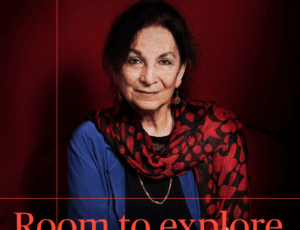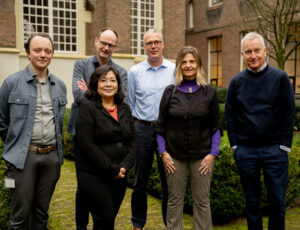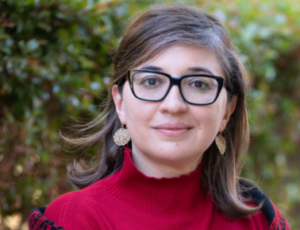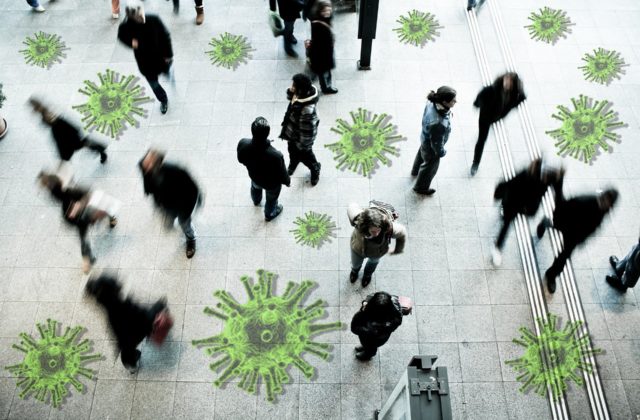
Luc Coffeng selected as Distinguished Lorentz Fellow for Research on Infectious Disease Control
3 February 2021Models Incorporating Human Behaviour
Dr. Luc Coffeng is specialized in modelling the spread of infectious diseases – from worm parasites to Covid-19. One of the difficulties of developing models that accurately predict the outbreak of a disease, is that there is a complex and constant interplay between how the disease spreads and how people respond and behave. “The Covid-19 pandemic again reminds us of this. With more successful control, the perceived risk of infection decreases, leading to more high-risk behaviour that may result in resurgence, again increasing perceived risk,” says Coffeng.
Existing models that try to incorporate health-related behaviours do not do justice to constantly changing circumstances, human irrationality and the wide variety of beliefs and actions of individuals, influenced by gender, age, the behaviour of friends and family. As Distinguished Lorentz Fellow, Coffeng will receive the time and resources to develop a new type of model that integrates mathematical models and models for individual and group behaviour. His work will lead to tools that may better mitigate an outbreak in the future, but also address the persistence of adverse health-related behaviours such as anti-vaccination movements, and the widening of social inequities.
Louise Gunning, chair of the NIAS-Lorentz Advisory Board: “The NIAS-Lorentz program firmly believes that natural sciences and social sciences need each other to advance knowledge, and Luc Coffeng’s outstanding research is the perfect example of what society stands to gain by combining mathematical expertise with insights into human behaviour.”
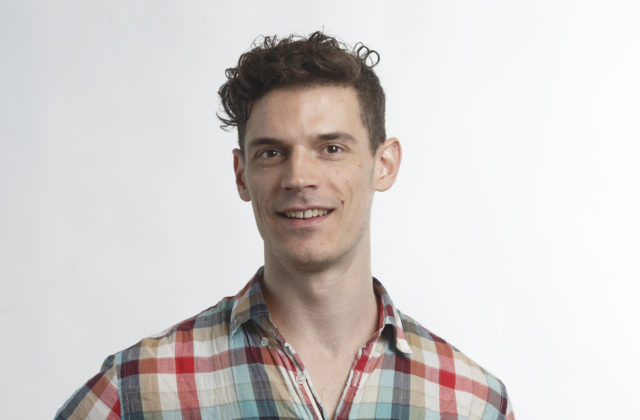
About Luc Coffeng
Luc Coffeng is Assistant Professor in the Department of Public Health at Erasmus MC, University Medical Center in Rotterdam. Coffeng is trained as a medical doctor and epidemiologist and received his PhD for research on river blindness (a parasitic worm infection) in Africa. As expert in infectious disease control and public health interventions he is regularly consulted at the World Health Organization headquarters, as well as research fellow at the University of Amsterdam’s Institute for Advanced Study. Luc Coffeng is currently active in the Science vs. Corona Collective, a Dutch collective of scientists from both exact and social sciences, whose interactive online app for different exit-strategies of the Covid-19 pandemic received wide-spread attention.
The Distinguished Lorentz Fellowship
The Distinguished Lorentz Fellowship (DLF) is awarded annually to a leading scientist working on research that brings together perspectives from the Humanities, Social Sciences, Natural Sciences, and Technological Sciences. It was set up by the Netherlands Institute for Advanced Study (NIAS-KNAW) and the Lorentz Center Leiden. The prize consists of a fellowship at the NIAS, an international workshop at the Lorentz Center and a personal prize of €10.000. The Fellowship is part of the NIAS-Lorentz Program, promoting cutting-edge interdisciplinary research. Previous DLF’s include musicologist Henkjan Honing and psychologist Iris van Rooij. In autumn 2021, the prize will be awarded by Louise Gunning, chairperson of the NIAS-Lorentz Advisory Council.
